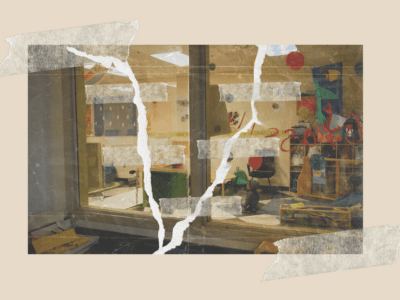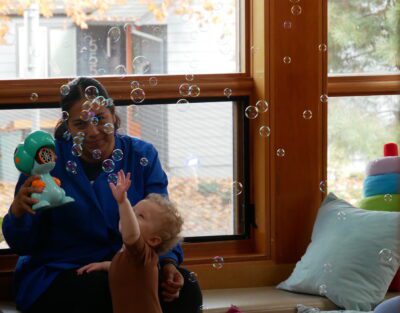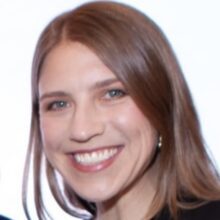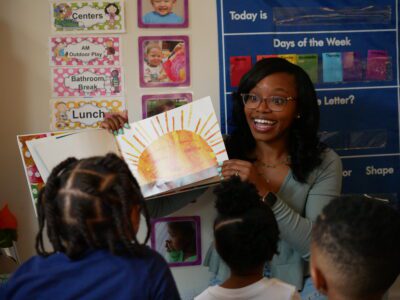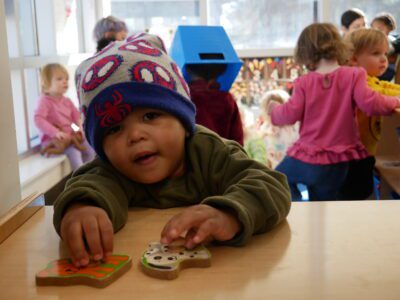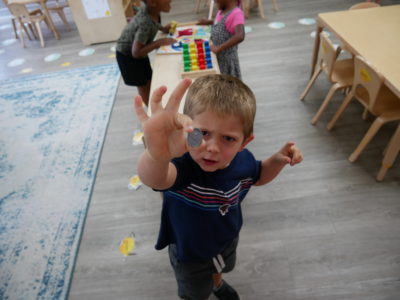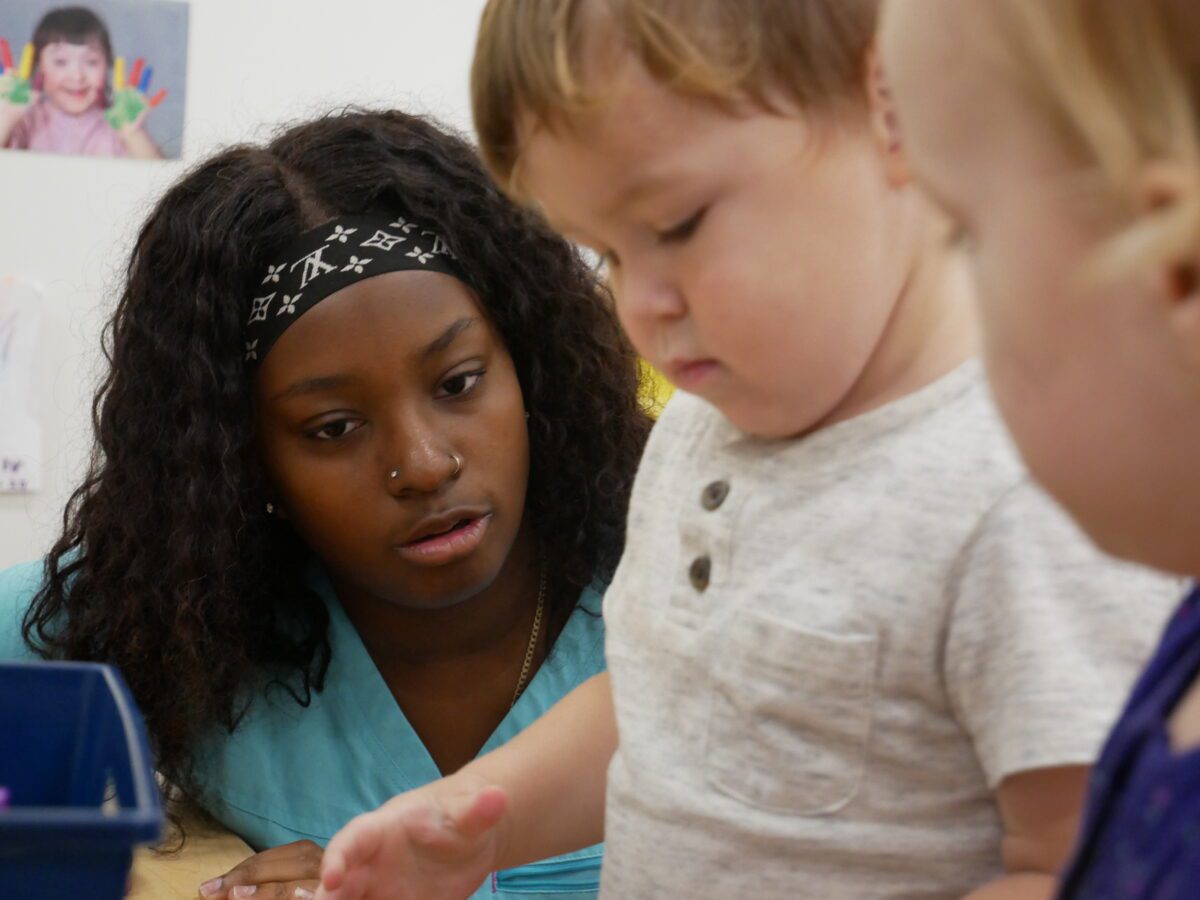
|
|
When EdNC started including early childhood education in our coverage, a reader reached out to share feedback on the use of the term “day care” in our reporting.
Jennifer Bosworth, an adjunct professor in the education department at Asheville-Buncombe Technical Community College, wrote in February 2020:
In the field of early childhood education, we are working to professionalize the field — something extremely challenging because of the public’s view of child care as ‘babysitting’ and not truly education. The Early Childhood Education program and my counterparts across the state are teaching our students to educate the youngest children through developmentally appropriate practices that serve culturally, linguistically, and ability-diverse children. The work they do is important! So are the words we use.
Since then, we’ve taken the opportunity to learn more about how the professionals in the field think of themselves and talk about their work. We learned that educators had been pushing back against the use of the term “day care” in blog posts for national news outlets, higher education settings, and their professional organizations due to its inaccuracy in describing what they do.
‘The Daycare Myth’
The inaccuracy of the term “day care” is at the heart of an upcoming book by Dan Wuori, an early childhood expert who you may know from his viral social media posts or his previous work as senior director of early learning at the Hunt Institute.
In “The Daycare Myth,” Wuori argues that what we think of as “day care” doesn’t actually exist.
“That’s a strange thing to say because there are businesses all over North Carolina who have that right outside on their signs,” Wuori said. “But for almost 100 years now, we have envisioned day care as just this safe, warm place that children can be left during the day while their parents go to work.”
Wuori asserts that vision has never captured the vital teaching and learning that takes place inside what people have typically called “day care” or “child care” programs.
“The problem with both of those terms in my mind is that they center care. The care in those settings is necessary, but not sufficient,” Wuori said. “This is you selecting who is going to co-construct your child’s brain. This is not babysitting while you go to the movies.”
Wuori’s book captures a sentiment shared by many researchers, educators, and leaders in early childhood education, including Rep. David Willis, R-Union, co-chair of the early childhood caucus and owner and operator of a preschool program in his district.
“There are several terms describing early childhood education that carry somewhat negative or minimizing connotations, such as child care, day care, and nursery schools,” Willis wrote in an email. “The teachers are providing so much more than just ‘babysitting.’ I challenge anyone who thinks this is easy to come spend a day in the classroom.”
Centering learning
As parents well know, babies don’t come with instruction manuals. And while parents are their children’s first and most important teachers, decades of evidence show that professional educators play a crucial role in the development of infants, toddlers, and preschoolers. Their expertise and experience makes them an essential resource for parents.
The vast majority of human brain development occurs in the first three years of life. During this time more than one million neural connections are formed each second. Strengthening these connections during the 2,000 days between birth and kindergarten leads to improved outcomes in education, health, employment, and economic stability.
Because of that, research has found that high-quality early childhood programming yields a 13% per year return on investment as children grow into adults.
At EdNC, we acknowledge the significance of learning that takes place in the early years by using the terms “early childhood education” or “early care and education” — in addition to incorporating the more familiar shorthand term of “child care.”
In our travels to other states as we’ve researched best practices, we’ve found a variety of ways that people refer to early childhood education at the state level:
- New Mexico has the cabinet-level Early Childhood Education & Care Department.
- Oregon has its own state-level Department of Early Learning and Care.
- Michigan’s Office of Child Development and Care is housed in its newly-created Department of Lifelong Education, Advancement, and Potential.
- Massachusetts houses their Department of Early Education and Care within their Executive Office of Education (similar to our state’s Department of Public Instruction).
- Vermont similarly places Early Education within its Agency of Education.
North Carolina’s state government also emphasizes the significance of education in its official nomenclature. The state entity that oversees much of our formal system is the Division of Child Development and Early Education (DCDEE) under the Department of Health and Human Services (DHHS). That name clearly indicates the focus is on the brain development and education of our youngest learners.
But all of these phrases and titles are pretty cumbersome, both in conversation and in writing. A simpler term has been adopted in Finland and by a specific model of early childhood education here in the United States — educare.
In both instances, this model centers education while still acknowledging the care inherent in early childhood education settings.
Though “educare” has not found its way into the common vernacular of the United States, “day care” simply isn’t an accurate term for describing the provision of care and education in the earliest years.
As Terra Flint, child care director and assistant pastor at Trinity Wesleyan Education Center in Eden, put it at a recent rally outside the legislature: “It’s not day care, because I don’t care for days!”


